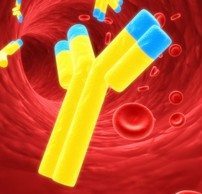Research Shows Location Impacts Mesothelioma Therapy in Italy
Italian cancer researchers have released new data on how patient location impacts mesothelioma therapy in the country. Pleural mesothelioma is a rare cancer. Most doctors see very few cases in the course of their careers. This lack of expertise may explain why the preferred treatments vary from one region to the next. Italy’s Scientific Institute for Research, Hospitalization and Healthcare led the new research. They analyzed pleural mesothelioma outcomes across the country. The conclusion is that location impacts mesothelioma therapy in Italy because there is not enough sharing of information. Choosing a Mesothelioma Treatment Approach Pleural mesothelioma is challenging to diagnose and even more difficult to treat. Even experienced mesothelioma doctors often struggle to know the best way to approach…









